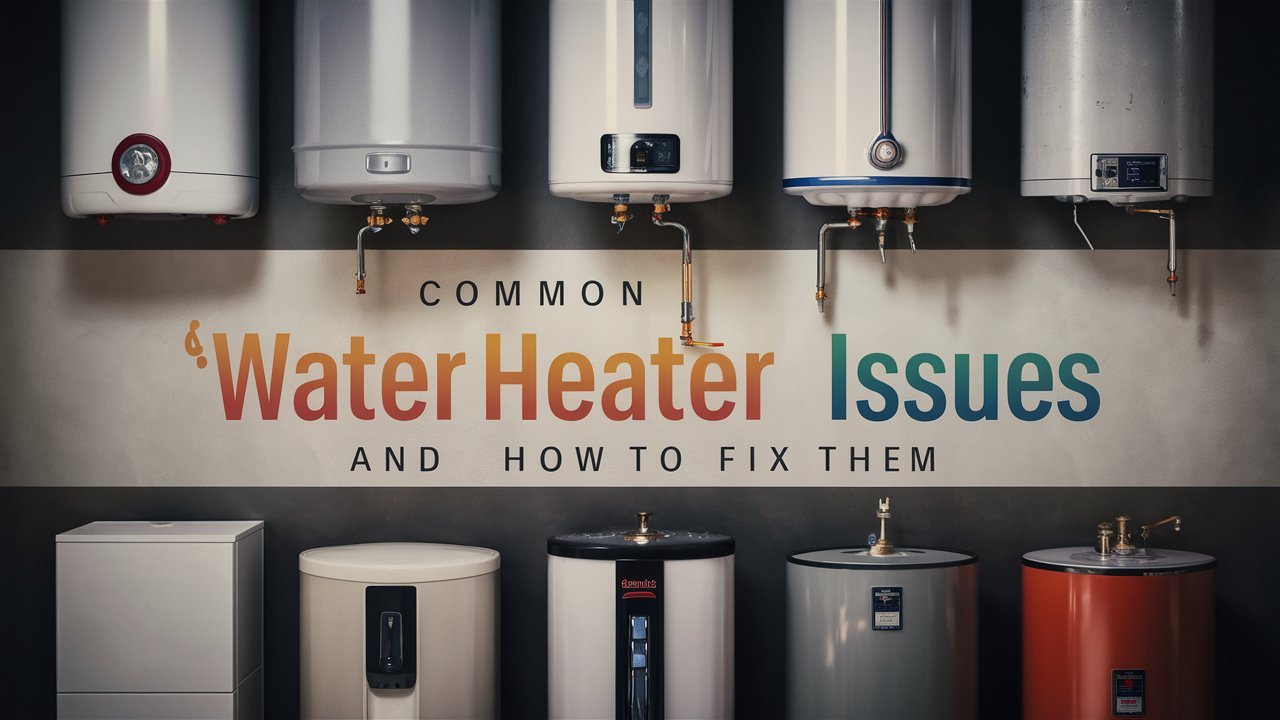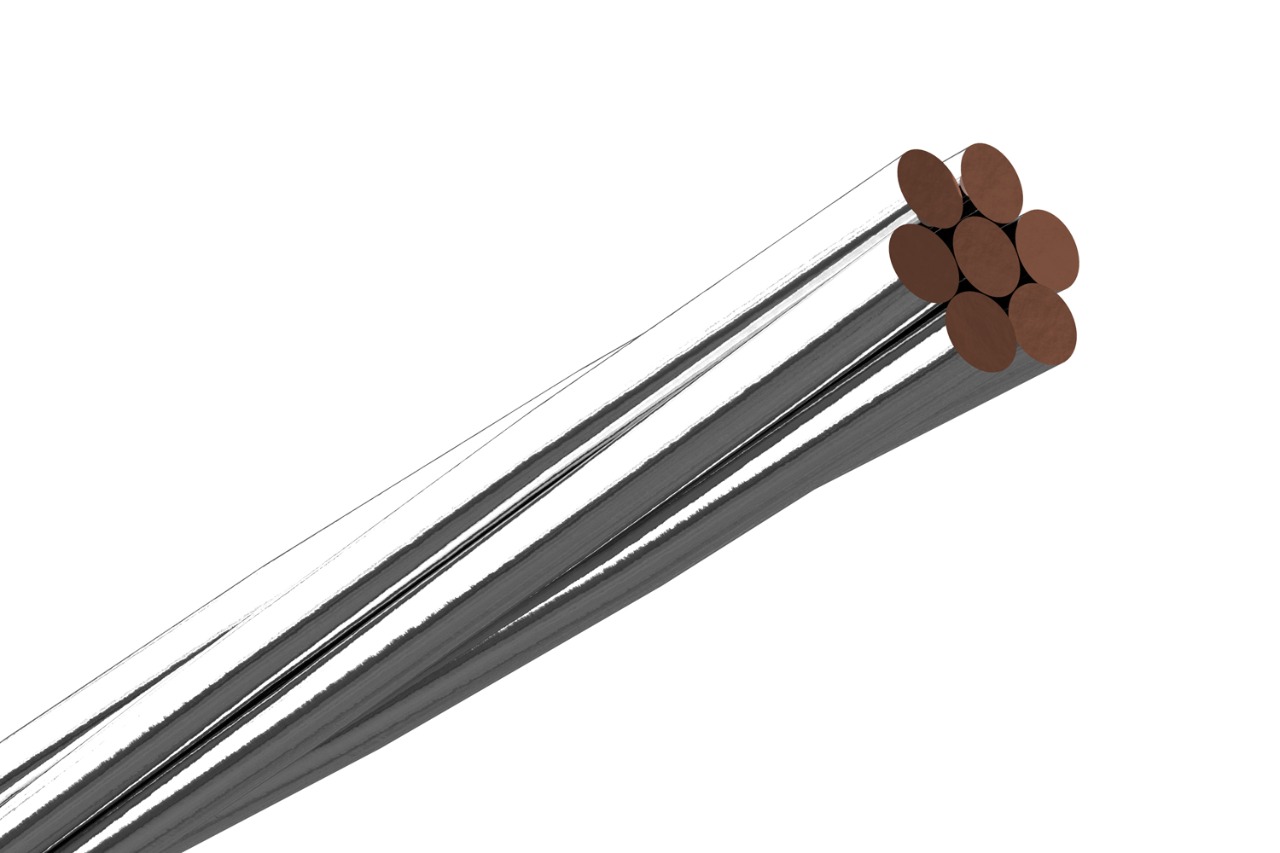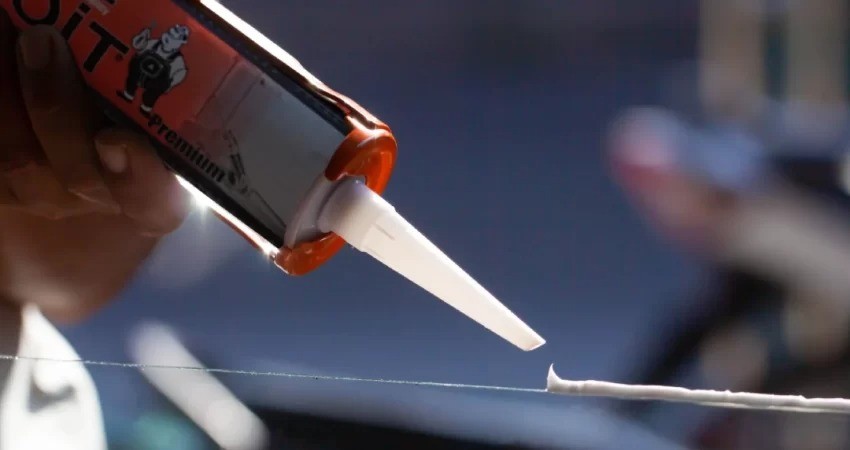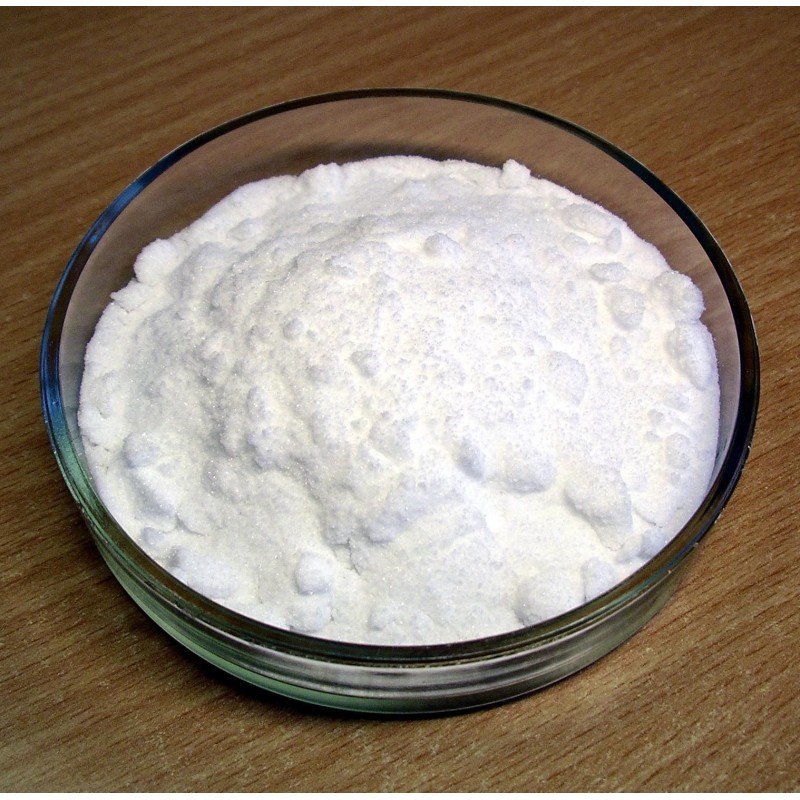
Common Water Heater Issues and How to Fix Them
- Aug 20, 2024
- | 75
Water heaters are essential appliances in modern homes, providing hot water for showers, dishwashing, and laundry. According to the U.S. Department of Energy, water heating accounts for about 18% of a home's energy use, making efficient operation crucial. Furthermore, the average lifespan of a water heater is 10 to 15 years, but proper maintenance can extend this significantly.
However, like any household appliance, they can encounter problems over time. Understanding these common issues and knowing how to address them can save homeowners substantial time and money. In fact, the average cost of water heater repair ranges from $150 to $700, while replacement can cost between $900 to $3000, highlighting the financial benefits of timely maintenance and repair.
Common Water Heater Issues and How to Fix Them
No Hot Water
One of the most common and frustrating issues is a complete lack of hot water. This problem can stem from several causes:
- Pilot Light Issues: For gas water heaters, an extinguished pilot light is a frequent culprit. Relighting the pilot light often solves the problem.
- Thermostat Malfunction: The thermostat may be set too low or have failed entirely. Adjusting or replacing the thermostat can restore hot water.
- Heating Element Failure: In electric water heaters, a faulty heating element can result in no hot water. Replacing the element is typically necessary.
- Circuit Breaker Tripped: For electric heaters, check if the circuit breaker has tripped and reset it if necessary.
Insufficient Hot Water
If you're getting some hot water but it runs out quickly, consider these potential issues:
- Sediment Buildup: Over time, minerals can accumulate at the bottom of the tank, reducing heating efficiency. Flushing the tank annually can prevent this issue.
- Thermostat Settings: The thermostat may be set too low. Adjusting it to around 120°F (49°C) usually provides sufficient hot water for most households.
- Undersized Heater: If your household's hot water needs have increased, your current water heater may be too small. Upgrading to a larger unit or a tankless system might be necessary.
If none of the above techniques work, you can rely on experts without wasting time to make sure the problem is addressed timely. CLT Appliance Repair has been at the forefront of helping people in Charlotte deal with all types of electricity problems, including water heater issues. They offer quick service and perform an evaluation to identify the actual problem before fixing it.
Read More Article: Do NYC Office Cleaning Services Offer Eco-Friendly Options
Rusty or Discolored Water
Rusty or discolored water can be alarming and unpleasant. Here are some common causes and solutions:
- Corroded Anode Rod: The anode rod protects the tank from corrosion. If it's depleted, it can lead to rusty water. Replacing the anode rod every few years can prevent this issue.
- Rusty Pipes: If the discoloration only occurs with hot water, the problem is likely within the water heater. If it affects both hot and cold water, your home's pipes may be rusting.
- Sediment Buildup: Flushing the tank can often resolve minor discoloration issues.
Unusual Noises
Strange sounds coming from your water heater can indicate various problems:
- Rumbling or Popping: Often caused by sediment buildup at the bottom of the tank. Regular flushing can prevent this issue.
- Hissing or Sizzling: This may indicate a leak allowing water to drip onto the burner. This requires immediate attention to prevent further damage.
- Ticking or Tapping: This can be caused by heat traps or check valves in the pipes. While usually harmless, persistent noise may require a professional inspection.
Leaking Tank
A leaking water heater tank is a serious issue that often requires immediate attention:
- Check Connections: Ensure all connections and fittings are tight and not the source of the leak.
- Inspect Valves: The temperature and pressure relief valve may be faulty or set too high, causing water to leak.
- Tank Corrosion: If the tank itself is corroded and leaking, replacement is usually the only option. This is a job best left to professional water heater repair technicians.
Low Water Pressure
Low hot water pressure can be frustrating and may have several causes:
- Mineral Buildup: Calcium deposits can clog showerheads and faucet aerators, reducing water flow. Regular cleaning can resolve this issue.
- Partially Closed Valves: Ensure the main water valve and the valve leading to the water heater are fully open.
- Pipe Issues: Older homes may have narrower pipes that restrict water flow. In some cases, replacing pipes may be necessary to improve pressure.
Water Heater Comparison: Types, Lifespan, and Maintenance
|
Water Heater Type |
Average Lifespan |
Energy Efficiency |
Maintenance Tips |
|
Traditional Tank (Gas) |
10-12 years |
Moderate |
Annual flushing, check anode rod every 3 years |
|
Traditional Tank (Electric) |
10-15 years |
Moderate |
Annual flushing, test pressure relief valve yearly |
|
Tankless (Gas) |
20+ years |
High |
Annual descaling, clean air intake filter |
|
Tankless (Electric) |
20+ years |
Very High |
Annual flushing, check electrical connections |
|
Heat Pump Water Heater |
10-15 years |
Very High |
Clean the air filter regularly, check the condensate drain |
|
Solar Water Heater |
20+ years |
Highest |
Check antifreeze levels, and clean collectors annually |
Extra Pro Maintenance Tips:
- Insulate hot water pipes to reduce heat loss.
- Keep the area around the water heater clear and dry.
- Set the thermostat to an appropriate temperature (usually 120°F or 49°C).
Read More Article: How to Choose the Right HID Proximity Card for Your Business?
When to Call a Professional?
While many water heater issues can be resolved with DIY methods, some situations require professional attention. Consider calling a licensed plumber or water heater specialist if:
- You smell gas near a gas water heater.
- There's significant water leakage that you can't stop.
- The tank shows signs of rust or corrosion.
- You're uncomfortable performing electrical or gas-related repairs.
- DIY troubleshooting doesn't resolve the issue.
Professional water heater technicians have the tools, knowledge, and experience to diagnose and fix complex issues safely and efficiently.
The Bottom Line
By staying proactive and addressing small problems early, you can ensure a steady supply of hot water in your home and avoid the inconvenience and expense of major breakdowns. While DIY solutions can resolve many issues, safety should always be your top priority. If you're unsure about any repair or maintenance task, don't hesitate to seek professional help. With proper care and attention, your water heater can provide reliable service for many years to come.
Your appliance on the fritz too? Don't let a broken washer, faulty fridge, or temperamental oven disrupt your daily life! Turn to CLT Appliance Repair - your trusted partner in keeping your home running smoothly. Our expert team understands that when appliances fail, it's more than just an inconvenience - it's a household emergency. That's why we offer:
- Swift, same-day service
- Expert technicians with years of experience
- Competitive pricing with no hidden fees
- Repairs for all major brands and models





